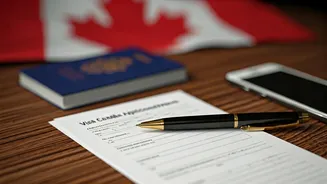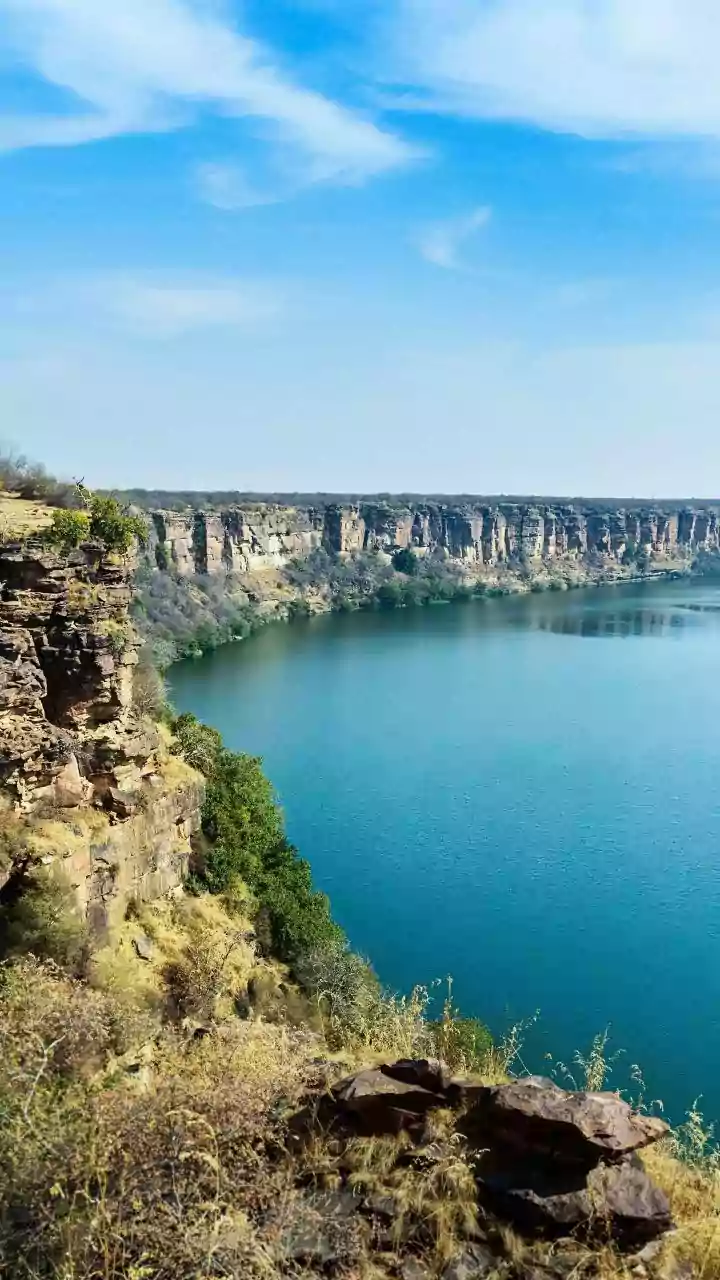Types of Visas
Canada offers a variety of visas, each designed for a specific purpose. For Indian citizens, the most common types are visitor visas, study permits, and
work permits. Visitor visas, also known as tourist visas, are for those traveling for leisure, visiting family, or attending short-term business meetings. Study permits are necessary for individuals planning to study at a designated learning institution in Canada. Work permits are required for those intending to work in Canada, and they can be employer-specific or open work permits. Each visa type has its own set of requirements and application procedures. It's crucial for Indian applicants to determine the correct visa type based on their intended purpose of travel. Choosing the wrong visa type can lead to application delays or denial, so careful consideration is important.
Application Process Overview
The application process for a Canadian visa typically involves several steps. The first step involves creating an online account on the Immigration, Refugees and Citizenship Canada (IRCC) website. Then, applicants must complete the application form accurately and truthfully. Next, all required documents, such as a passport, proof of funds, and a letter of invitation (if applicable), must be prepared and submitted. Paying the application fees is another critical step, and the fees vary depending on the visa type. After submitting the application, it's possible the applicant may need to attend a biometrics appointment, which involves providing fingerprints and a photograph. Finally, the applicant must await the decision from IRCC, which could take several weeks or months, depending on the visa type and processing times. Applicants are advised to keep track of their application status online.
Required Documentation
Gathering the correct documents is crucial for a successful visa application. Indian applicants typically need a valid passport with at least six months of validity remaining. Supporting financial documents, such as bank statements and proof of income, are necessary to demonstrate the ability to support themselves financially during their stay in Canada. If visiting family or friends, a letter of invitation from the host in Canada is beneficial. Other documents that may be required include proof of ties to India, such as property deeds or employment letters, to demonstrate the intention to return to India after the visit. Furthermore, applicants for study or work permits have additional requirements. For instance, students require an acceptance letter from a designated learning institution. It's essential to carefully review the specific requirements for the chosen visa type and prepare all documents accordingly to avoid delays or denials.
Common Challenges Faced
Indian applicants sometimes encounter challenges during the visa application process. One common issue is incomplete or incorrect applications. Missing documents or providing false information can lead to rejection. Another challenge is demonstrating strong ties to India, which convinces the visa officer of the applicant's intention to return. Applicants must provide convincing evidence of job stability, property ownership, family responsibilities, and other factors. Visa officers also consider the purpose of the visit. It is crucial to have a clear and consistent travel plan to avoid raising any suspicion. Processing times can also present a challenge, as they can vary greatly, and applicants should apply well in advance of their planned travel date. Additionally, the need for biometrics appointments can sometimes add to the complexity of the process, particularly for those living far from a visa application center.
Tips for Success
To improve the chances of visa approval, applicants should take several steps. Thoroughly review all the requirements and instructions on the IRCC website to ensure a complete and accurate application. Always be honest in the application, and provide truthful information. Gather all supporting documents in advance to avoid last-minute scrambling. Address any potential concerns the visa officer might have, such as a previous visa refusal or any gaps in their travel history. Prepare for the interview (if one is required) by anticipating questions about the purpose of the visit, ties to India, and financial resources. Consider seeking professional advice from a registered immigration consultant or lawyer for help. Staying organized and proactive throughout the process is also essential. By following these tips, Indian applicants can increase their chances of a successful visa application and have a more seamless journey to Canada.



















